The Federal Court decision Australian Securities and Investments Commission v GetSwift Limited (Penalty Hearing) [2023] FCA 100 serves as a timely reminder to company directors and their advisors to ensure that the company is operating in accordance with relevant legislation and that the corporate officers properly perform their duties in accordance with their statutory obligations.
The decision resulted in a penalty of $15 million against the company, being the largest ever penalty against a company for breaching continuous disclosure laws. This sends a strong message to corporate boards and directors that ASIC will pursue regulatory action against both companies and individuals involved in corporate misconduct.
In handing down its penalty the Judge recognised the importance of the case stating ”general deterrence in a serious case such as the present, is of very real importance. GetSwift’s size and financial position, the extent of the contraventions and the leading roles of executive directors are facts which support the need for a penalty which reflects the Court’s disapproval of conduct of this kind“.
ASIC commenced the proceedings in response to GetSwift making numerous misleading statements in its announcements on the ASX, breaching continuous disclosure obligations on twenty-two occasions. The contraventions misled the market, contributing to GetSwift attracting $99 million in two share placements. There was a false market which caused significant losses to investors that are now irrecoverable. The Court found the Company and its directors were engaged in contraventions under s674 and 1041H of the Corporations Act and the directors failed to exercise their powers and discharge their duties as directors with the degree of care and diligence required (s180 of the Act).
GetSwift’s former directors were also disqualified from managing corporations and ordered to pay penalties. Mr. Hunter, the former CEO, and executive chairman, was disqualified for a period of 15 years and ordered to pay a penalty of $2 million. Another former director Mr MacDonald, was disqualified for a period of 12 years and ordered to pay a penalty of $1 million. The judge sent a strong message to corporate officers that “hopefully others will think twice about adopting a strategy to influence the company’s share price by the release of strategically placed ASX announcements which omit material information that the market requires to make informed decisions. It will also reinforce the director’s continuous disclosure obligations are to be taken seriously.”
The judge’s final comment was that it is “to ASICs credit that regulatory action has been taken, but it is a pity that what has happened to Get Swift was not stopped sufficiently quickly, and assets were not preserved, so as to minimise the loss now visited upon the hapless investors”. What happened to the money is a different story, with $80.5 million transferred to related entities and the Court noting that ”these transactions were unexplained”.
Cathro & Partners are experts in providing insolvency and restructuring services that help to create and to preserve business value. Cathro & Partners is a boutique firm specialising in restructuring, turnaround, insolvency, safe harbour, secured enforcement services and pre-lending services.








